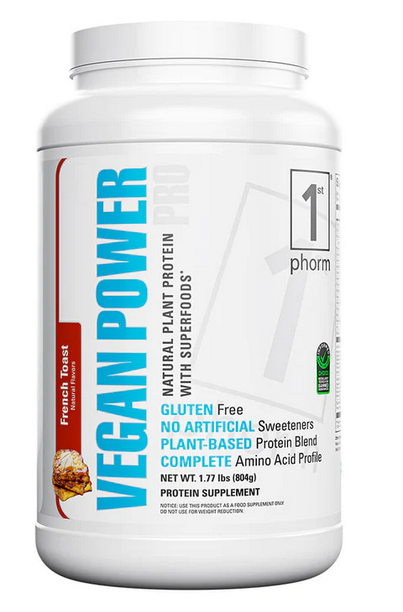| Posted on | Health-beauty
4 Steps to a Healthier Diet
0
313 Views
If you find that you are not in as good of shape as you would like, eating a healthier diet can improve both your physical health and your emotional wellbeing. Sometimes knowing what to change about your dietary habits can be a challenge, however. If you want to eat healthier but are not sure where to start, read on for four steps you can take toward having a better diet.

- Consume Healthy Proteins
Protein is necessary for a healthy body, but there are some kinds you should eat and some you should avoid when trying to eat better. Typically, meat is a primary source of protein, though it is better to consume leaner meats like poultry as opposed to overly fatty red meats. You can also find good protein in certain kinds of fish such as salmon.
If you don't eat meat, then there are a number of ways you can get healthy protein on a vegetarian or vegan diet as well. For instance, beans and nuts are loaded with protein, and you can add a vegan protein powder to water for a necessary intake of protein.
A general rule to keep in mind when adjusting your diet is that many unhealthy foods can be swapped out with a healthier alternative. Try to replace the fatty proteins you already eat with a healthier source.
- Eat More Fruits and Vegetables
One of the keys to a healthier diet is to start eating more fruits and vegetables. Try to get at least five servings a day. Leafy greens especially are packed with nutrients and are a wholly necessary part of any healthy diet. Vegetables can not only be eaten by themselves, but can be incorporated into other food as you cook. Try to get fruit and vegetables whenever you can, even when it is as simple as adding some fruit to your morning bowl of breakfast cereal.
Keep in mind that some fruits do have large quantities of sugar, so try to balance out the fruit intake and eat overly sweet fruits only in moderation, limiting your fruit and vegetable servings to a max of nine servings in a day. Regardless, if you are getting sugar in your diet at all, getting the natural sugars from fruit is preferable to getting sugar from processed snacks or candy.
- Stay Hydrated and Eliminate Sugary Drinks
Staying healthy depends on your water intake. Be sure to drink plenty of water every day to stay hydrated. Proper hydration not only quenches your thirst, it can also provide physical health benefits. If you like to drink coffee or consume other things that can dehydrate, make sure that you balance them out with enough water.
While increasing your water intake, try to decrease your intake of sugary drinks such as sodas. If possible, cut soda out of your diet entirely, as it is loaded with sugar and calories which can get in the way of a healthy lifestyle. If you still crave the carbonation that soda provides, you can replace it with unsweetened seltzer or mineral water.
- Regulate the Fats You Eat
Contrary to popular belief, not all fats in foods are bad for you. There are, in fact, some healthy fats, such as the kind that can be found in olive oil, avocados, and nuts. Be sure to still not eat too many of these, however, as these foods can be dense in calories. If your current diet contains the bad fats found in processed foods and other unhealthy sources, replace those with more nutritious sources of fats.
If starting with a complete overhaul of your diet right away is too challenging, you can slowly implement one of these changes and add more as you go. Take everything in moderation, sticking to a consistent calorie intake for each day based on your doctor's recommendations. Be sure to balance out your diet with regular exercise every day as well. With the right balance of a healthy diet and exercise, you can more likely achieve a healthier body.
